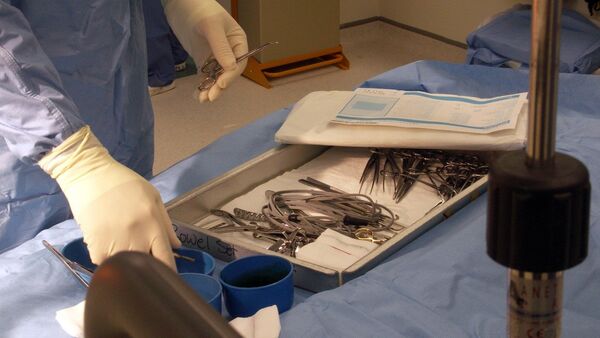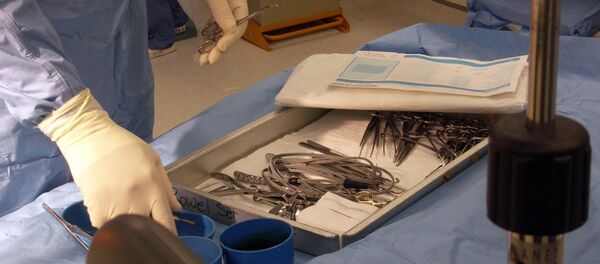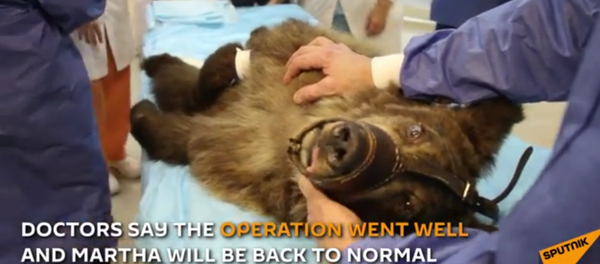In December 2015, researchers at the Baltimore, Maryland, university announced their plan to address a common, "hidden injury" among US combat veterans. Since 2001, roughly 1,367 male service members have suffered genital wounds as a result of bomb blasts.
"I think one would agree [that lost genitalia] is as devastating as anything that our wounded warriors suffer," Dr. W.P. Andrew Lee declared, according to Newser.
Doctors have selected the soldier to receive the first penis transplant performed in the United States. While he has not been identified by name, the candidate formerly served in Afghanistan.
"When you meet these guys and you realize what they’ve given for the country, it makes a lot of sense," said Dr. Richard Redett.
The operation could be carried out within a few weeks, provided that doctors locate a suitable donor. The donor’s age must be within five to ten years of the recipient, and a skin color match is reported to be a consideration.
While this will be the first penis transplant in the US, it will be the third internationally. The first such procedure occurred in China in 2006, but was unsuccessful. The recipient complained about the new organ and soon after had it removed. In 2014, a South African team performed the first successful transplant.
Doctors at Johns Hopkins are confident that they will be successful and that the transplant will be fully operational.
"We’ve sorted out how to take that block of tissue from a donor and give it to a recipient,” Redett said.
Wounded combat veterans are currently the only individuals being considered for penis transplants. If successful, 60 other servicemen have been approved for the operation. In the future, the operation could be offered to those suffering birth defects as well as transgender men and women.
Some have expressed concern that penis transplants could discourage people from registering as organ donors, but doctors stressed that consent by the family is still required.
"The tissue will come from a deceased person whose family agrees to the donation," Redett said. "Many people might think that organ donation means unquestioned consent for donation of all organs. That’s not the case with the face, hand or penis."




